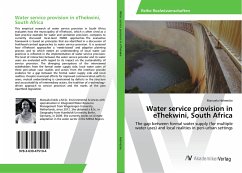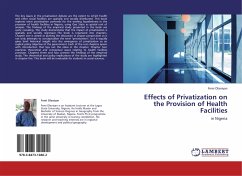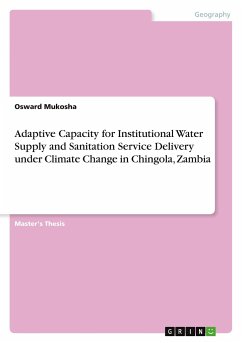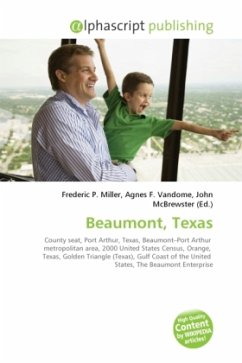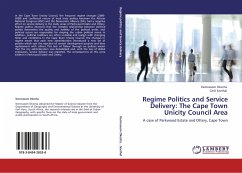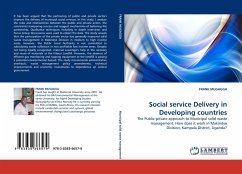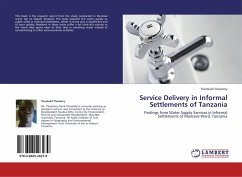This empirical research of water service provision in South Africa evaluates how the municipality of eThekwini, which is often cited as a best practice example for water and sanitation provision, compares to currently discussed local-level IWRM approaches. The evaluative framework is based on principles that are identified in a discussion of livelihood-centred approaches to water service provision. It is assessed how eThekwini approaches a 'needs-based' and adaptive planning process and to which extent an understanding of local water use practices is reflected in the implementation of water service provision. The level of interaction between the water service provider and its water users are evaluated with regard to its impact on the sustainability of service provision. The diverging perceptions of the interviewed stakeholders from the formal water supply side, local water users of three peri-urban case studies and actors from the interface provide evidence for a gap between the formal water supply side and local realities. Despite municipal efforts for improved communication with its users, mutual understanding is constrained by deficits in the structure and accountability of intermediary actors, the tradition of a technology-driven approach to service provision and the marks of the past Apartheid legislation.
Bitte wählen Sie Ihr Anliegen aus.
Rechnungen
Retourenschein anfordern
Bestellstatus
Storno

